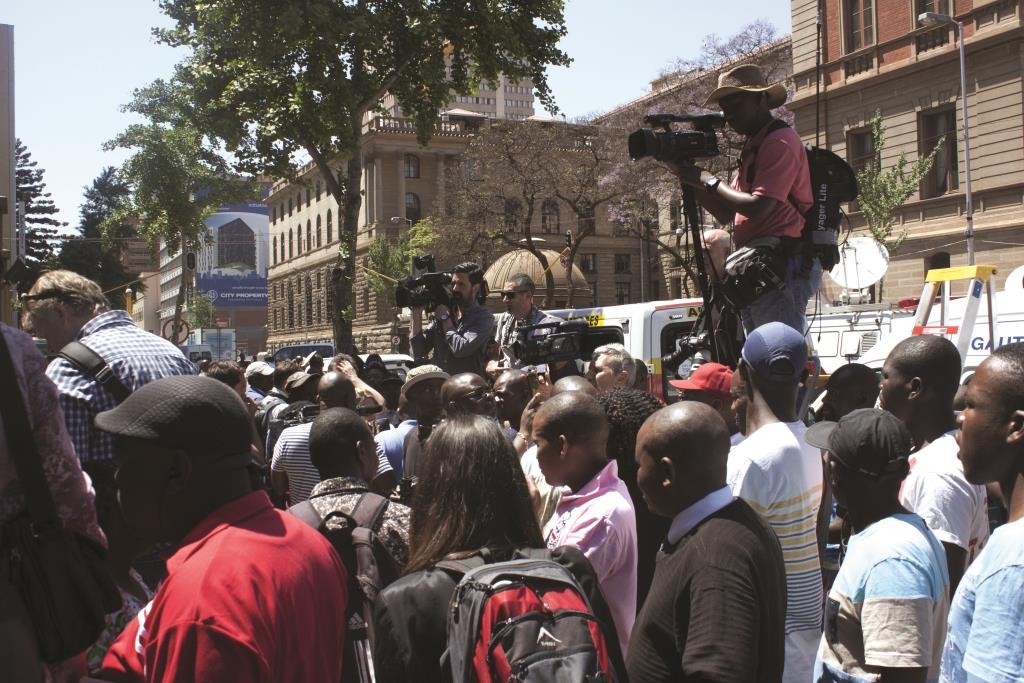Oscar Pistorius, the South African Paralympic running champion and global icon, became an incarcerated man on a balmy day in late October. Long before the presiding judge, Thokozile Masipa, handed down her sentence, crowds formed in the jacaranda-lined street outside Pretoria’s North Gauteng High Court.
As Judge Masipa’s voice wafted to the street from live TV feeds outside the court, she reminded everyone that ‘sentencing is about achieving the right balance’. With these words, discontent grew. Many feared that they were not going to get their pound of flesh.

Then the verdict: Pistorius was handed a three-year suspended sentence for discharging a firearm in a restaurant concurrently with a five-year custodial sentence for manslaughter. Legal experts claim that he must serve at least a sixth of his sentence to be eligible for parole. This means he could spend just 10 months behind bars followed by correctional supervision in the form of house arrest.
Golden Miles Bhudu, an activist from the South African Prisoners’ Organisation for Human Rights, was livid as the sentence was announced. He had been put behind bars, he says, for six years for a furniture warehouse robbery in the late 1980s. He explained the sentence to a pair of French tourists who looked confused.
Loading...
“It is the first time in all these years for culpable homicide you get correctional supervision… he’s a rich man!”
Cries of injustice came in a score of tongues outside the courthouse. A placard lent silent support to Bhudu, “Are certain offenders more equal than others in the eyes of the law?”
Nathaniel Joy, a Ghanaian on his lunch break, chimed in.
“He’s a super-rich person and even the victim is from a poor part [of the country]. I can see now its politics!”
The South African justice system also came under fire.
“I think it’s weak, it can be manipulated with money,” says the young man as his friend nods in agreement.
Not everyone was of the same mind. Simphiwe Rabede, a government worker from Pretoria, thought that justice was done.
“I think it was a fair judgement after all the deliberation and the arguments presented in court, despite the public perception, it was a fair judgement.”
Sitting nearby, a lawyer on another matter with long blonde hair, who asked to remain anonymous, agreed.
“I think Judge Masipa gave a fair sentence in the eyes of the law,” she says.
A little over an hour after the sentence was passed, Arnold Pistorius, the uncle representing the family, spoke.

“The court has handed down its judgement and we accept this judgement,” he told an army of journalists outside the High Court Chambers. He appealed to the public to do the same.
Minutes before, an armored police van battled through a crowd of activists, onlookers and journalists as it made its way to the nearby Kgosi Mampuru II prison where Pistorius is serving his custodial sentence for the culpable homicide of his girlfriend, Reeva Steenkamp, on Valentine’s Day in 2013.
After a month of speculation, prosecutors announced that they will appeal Judge Masipa’s decision, claiming that the sentence was ‘shockingly light’.
Loading...
